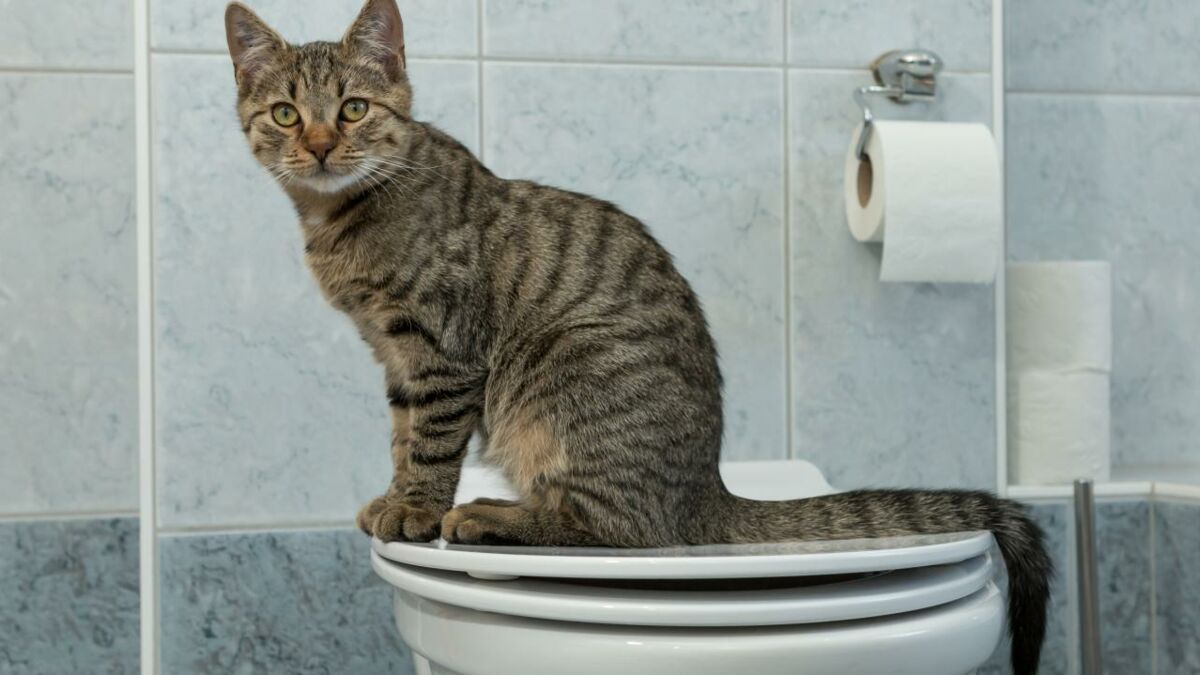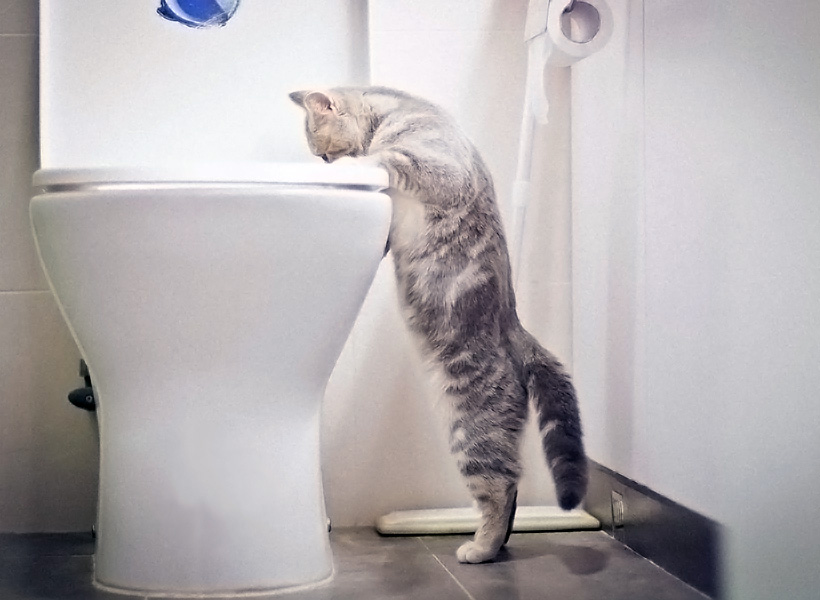Reasons Flushing Cat Poop Down Your Toilet May Cause Problems - Recommendations for Proper Handling
Reasons Flushing Cat Poop Down Your Toilet May Cause Problems - Recommendations for Proper Handling
Blog Article
Are you currently hunting for facts and techniques How to Dispose of Cat Poop and Litter Without Plastic Bags?

Introduction
As pet cat owners, it's vital to be mindful of exactly how we take care of our feline buddies' waste. While it might appear hassle-free to purge pet cat poop down the commode, this technique can have detrimental effects for both the setting and human wellness.
Ecological Impact
Purging feline poop introduces unsafe microorganisms and bloodsuckers into the water system, posturing a substantial threat to water ecosystems. These impurities can adversely affect marine life and concession water quality.
Wellness Risks
In addition to ecological issues, purging feline waste can also present health risks to humans. Pet cat feces may include Toxoplasma gondii, a bloodsucker that can trigger toxoplasmosis-- a potentially serious ailment, specifically for expecting females and people with damaged immune systems.
Alternatives to Flushing
The good news is, there are more secure and a lot more liable methods to take care of pet cat poop. Think about the complying with alternatives:
1. Scoop and Dispose in Trash
The most usual method of taking care of feline poop is to scoop it right into a naturally degradable bag and toss it in the trash. Be sure to use a dedicated clutter scoop and get rid of the waste immediately.
2. Use Biodegradable Litter
Go with naturally degradable cat clutter made from materials such as corn or wheat. These clutters are environmentally friendly and can be securely taken care of in the trash.
3. Bury in the Yard
If you have a lawn, take into consideration hiding feline waste in a designated location away from veggie gardens and water resources. Be sure to dig deep sufficient to avoid contamination of groundwater.
4. Install a Pet Waste Disposal System
Purchase a pet garbage disposal system particularly created for cat waste. These systems make use of enzymes to break down the waste, lowering odor and ecological effect.
Conclusion
Responsible family pet ownership prolongs beyond giving food and shelter-- it additionally involves appropriate waste administration. By avoiding flushing cat poop down the bathroom and choosing different disposal techniques, we can lessen our ecological footprint and protect human health.
Why You Should Never Flush Cat Poop Down the Toilet
A rose by any other name might smell as sweet, but not all poop is created equal. Toilets, and our sewage systems, are designed for human excrement, not animal waste. It might seem like it couldn’t hurt to toss cat feces into the loo, but it’s not a good idea to flush cat poop in the toilet.
First and foremost, assuming your cat uses a litter box, any waste is going to have litter on it. And even the smallest amount of litter can wreak havoc on plumbing.
Over time, small amounts build up, filling up your septic system. Most litter sold today is clumping; it is made from a type of clay that hardens when it gets wet. Ever tried to scrape old clumps from the bottom of a litter box? You know just how cement-hard it can get!
Now imagine just a small clump of that stuck in your pipes. A simple de-clogger like Drano isn’t going to cut it. And that means it’s going to cost you big time to fix it.
Parasitic Contamination
Believe it or not, your healthy kitty may be harboring a nasty parasite. Only cats excrete Toxoplasma in their feces. Yet it rarely causes serious health issues in the cats that are infected. Most people will be fine too if infected. Only pregnant women and people with compromised immune systems are at risk. (If you’ve ever heard how women who are expecting are excused from litter cleaning duty, Toxoplasma is why.)
But other animals may have a problem if infected with the parasite. And human water treatment systems aren’t designed to handle it. As a result, the systems don’t remove the parasite before discharging wastewater into local waterways. Fish, shellfish, and other marine life — otters in particular — are susceptible to toxoplasma. If exposed, most will end up with brain damage and many will die.
Depending on the species of fish, they may end up on someone’s fish hook and, ultimately on someone’s dinner plate. If that someone has a chronic illness, they’re at risk.
Skip the Toilet Training
We know there are folks out there who like to toilet train their cats. And we give them props, it takes a lot of work. But thanks to the toxoplasma, it’s not a good idea.

We hope you enjoyed reading our topic on Don’t flush cat feces down the toilet. Thanks for finding the time to read through our content. Sharing is nice. Helping others is fun. I appreciate reading our article about Can You Flush Cat Poo or Litter Down the Toilet?.
Schedule An Appointment Report this page